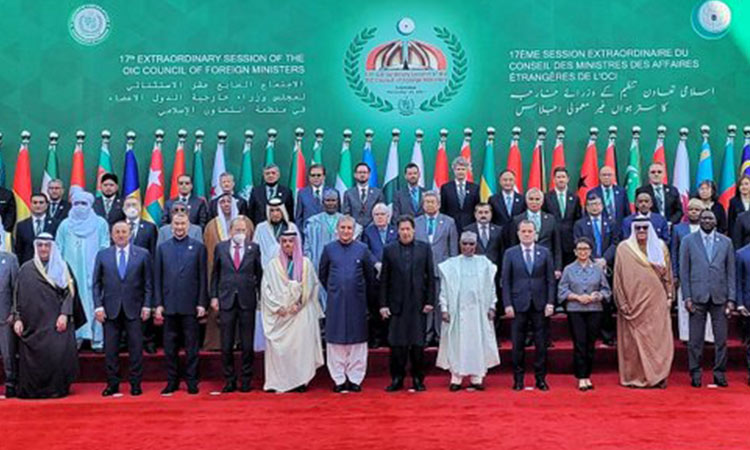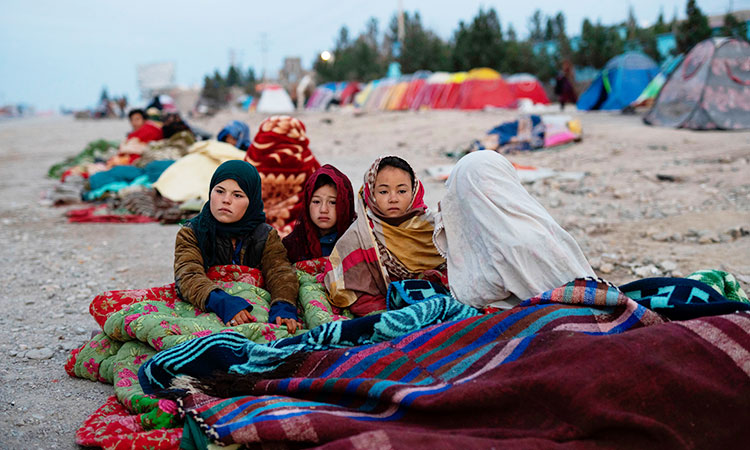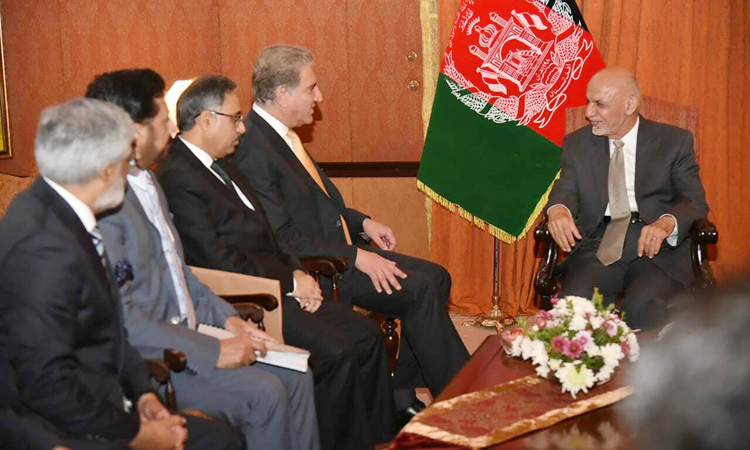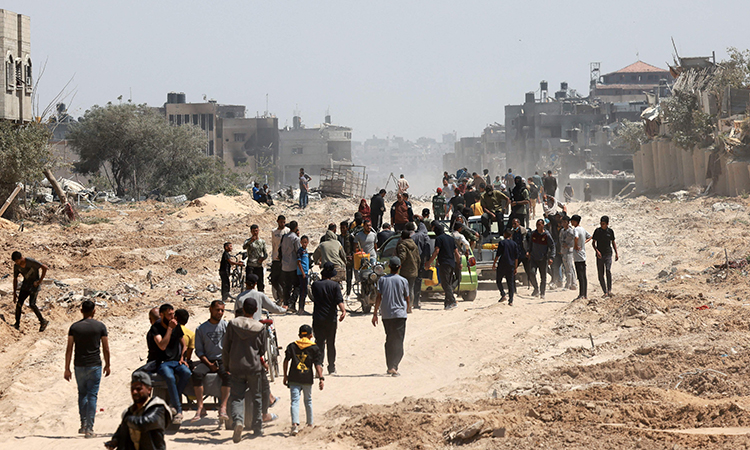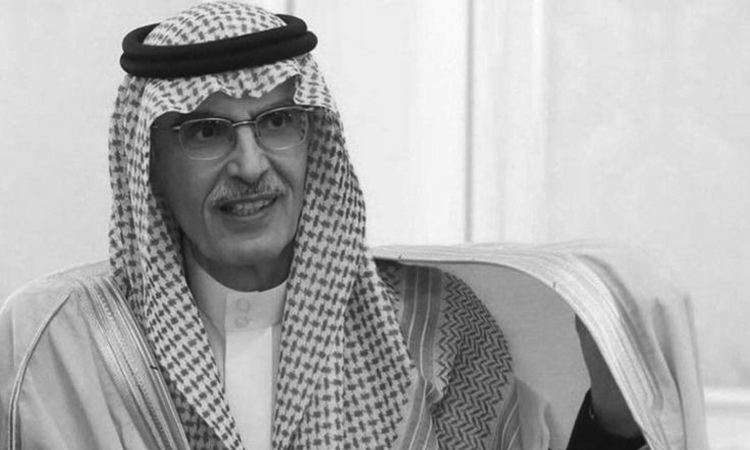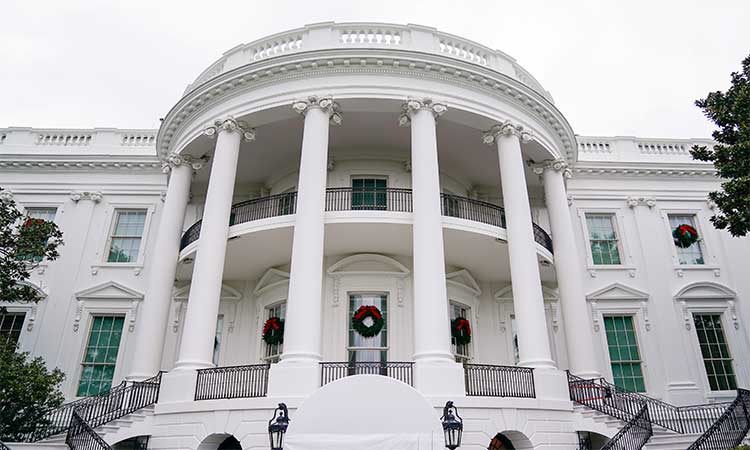Afghanistan will go decades back if world shuns Taliban-led government, Pak PM tells Middle East Eye
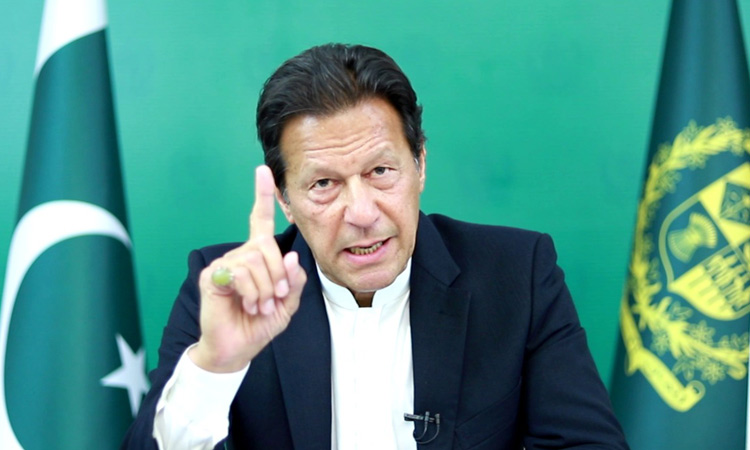
Imran Khan asks US to "pull itself together” or face collapse of Afghanistan.
Pakistan’s Prime Minister Imran Khan on Monday once again stressed the need for the international community to engage with the Taliban and said that a failure to do so could push the group back 20 years.
In an interview with the London-based online news outlet, Middle East Eye, Imran warned that the world’s such behaviour would send the country back a couple of decades.
“Events in Afghanistan are still evolving, people like us still don’t know where it will go,” he said.
The prime minister said Afghanistan is a trade corridor that connects Pakistan to the Central Asian countries. “And so, it is a very important country that way,” he said.
“It should not be a ‘US vs China’ camp. Now, it should be about economic ties, economic connectivity. That’s what we are looking for,” he added.
Imran said the Taliban had people among their leadership who had given a lot of sacrifices in blood. These people, he said, would now want to be a part of the government.
“Yet, the government is clearly trying to get international acceptability so it wants an inclusive government, talks about human rights and not allowing its soil to be used for terrorism by anyone,” the prime minister said, adding that it was a critical point for the war-torn country. “The world must engage with Afghanistan. There must be hardliners within the group and it can easily go back to the Taliban of 20 years ago. And that would be a disaster.”
He said that if Afghanistan would once again descend into chaos, it would become a fertile ground for terrorists like Daesh, which is a worry for all countries in the region. "It would be a total waste, what will the US have to show after 20 years? Therefore, a stable Afghanistan government which can then take on Daesh, and the Taliban are the best bet to take on Daesh, that is the only option left."
Imran said that isolating and imposing sanctions on Afghanistan would result in a massive humanitarian crisis. "If they are left like this, my worry is that Afghanistan could revert back to 1989 when the Soviets and Americans left," he said, adding that over 200,000 Afghans died in that chaos.
Imran added that the US had to "pull itself together" from the shock it had suffered after the withdrawal of forces from Afghanistan. "I don't think they have found their feet yet," he said, adding that Pakistan would also suffer as a result of chaos in Afghanistan.
When asked about Pakistan's point of view after the Taliban takeover, the prime minister said: "We have been so relieved because we expected a bloodbath. It was a peaceful transfer of power."
The premier said there were a number of reasons for the lack of resistance from the Afghan army such as the corruption of the former government.
On the lack of inclusiveness in the new government setup, the prime minister acknowledged that it was not present "right now" but hoped it would be in the future, adding that it was needed because Afghanistan was a diverse society.
Similarly, on the issue of women rights, he said the Taliban should be incentivised to "walk the talk" — pointing out that the group had said it would allow women to work and get educated.
When asked about the banned Tehrik-e-Taliban Pakistan (TTP) posing a problem for the country, the prime minister said that Pakhtuns on Pakistan's side of the border had started attacking the state when it allied itself with the US invasion of Afghanistan.
"They called us collaborators, started attacking us and calling themselves the Pakistani Taliban which we didn't have before joining the alliance. At one point there were 50 different groups calling themselves the Taliban [and] attacking us," the prime minister said.
He added that this movement and its motivation died down once the US footprint decreased and Pakistan ceased being a collaborator. "We are no longer collaborators because we are not allying ourselves with anyone fighting the Pakhtuns so the motivation has gone down. Now we are trying to talk to those who can be reconciled because it is from a position of strength. "I believe that all insurgencies eventually end up on the dialogue table," the premier said.
He pointed out that the Taliban had assured Pakistan it would not let Afghanistan's soil be used against any country. This was in contrast with the previous Afghan government, which he alleged had facilitated Indian agencies in helping conduct attacks against Pakistan.
The prime minister also derided the US policy of conducting drone attacks in its efforts to fight terrorism, calling it the "most insane" method.
He partly attributed the rise of the TTP to collateral damage suffered in the wake of US drone attacks and military operations in tribal areas. "Whenever the army goes into civilian areas, there is collateral damage."
Asked whether he would allow US bases in Pakistan for action against Daesh, Imran said: "I think they don't need a base here because we don't want to be a part of conflict again."
He said no country had paid as heavy a price as Pakistan by joining the US-led “war on terror,” but lamented the fact that the country was being scapegoated.
Questioned about what US President Joe Biden had said in response to concerns in Afghanistan, the prime minister clarified that he still had not spoken with him — a fact which the interviewers described as "astonishing."
He said he had warned US officials back in 2008 about the futility of a military solution to the Afghan issue and potentially creating a "bigger quagmire than Iraq." "Unfortunately, I think they were led by the generals and you know what they always say: give us more troops and time."
Describing relations between Pakistan and China, Imran said the relationship was 70-years-old and had "stood the test of time." "In all our ups and downs, China has stood with us," he pointed out, adding that China had helped Pakistan during moments of crisis when "we were going belly up."
Asked about his silence on the treatment of Uighurs in China, the premier said that he considered "selective pronouncements on human rights" to be immoral.
